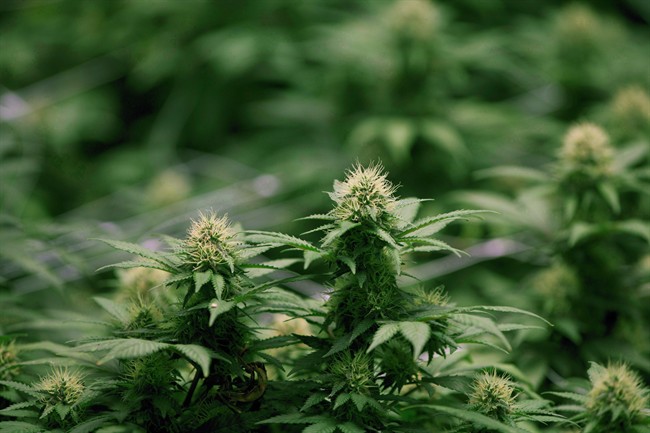With recreational marijuana set to become legal next summer, the Ontario branch of the Canadian Mental Health Association is recommending the province implement more restrictions on the drug.

The organization released a policy paper this week, calling for a zero-tolerance ban on smoking pot in vehicles, the capping of THC amounts in cannabis products, for staff selling marijuana to undergo special training, and for pot to be sold with plain packaging.
“We’ve learned an awful lot from the sale of alcohol and tobacco,” said the branch’s CEO Camille Quenneville, who’d like to see tax revenue on the drug go back into the mental health and addiction sector.
“There’s research to indicate that excessive cannabis use amongst very young people can potentially have negative effects, including early psychosis, depression and anxiety. So we’d like to do some more research on that.”
The 19-page document, titled Cannabis Legalization and Regulation, also asks for a two per cent increase in mental health and addiction funding in the province’s health care budget, and for the province to push Ottawa to decriminalize 30 grams or less of marijuana as soon as possible.
“Cannabis use for medical purposes is very helpful for many people,” Quenneville said.

Get weekly health news
“We’re not reflecting on its current responsible use and how that will continue after it’s legalized — we’re really looking at ensuring consumers have all the information they need to make healthy choices for themselves.”
The province still has to decide how and where pot will be sold, and what the legal age for possession will be.












Comments